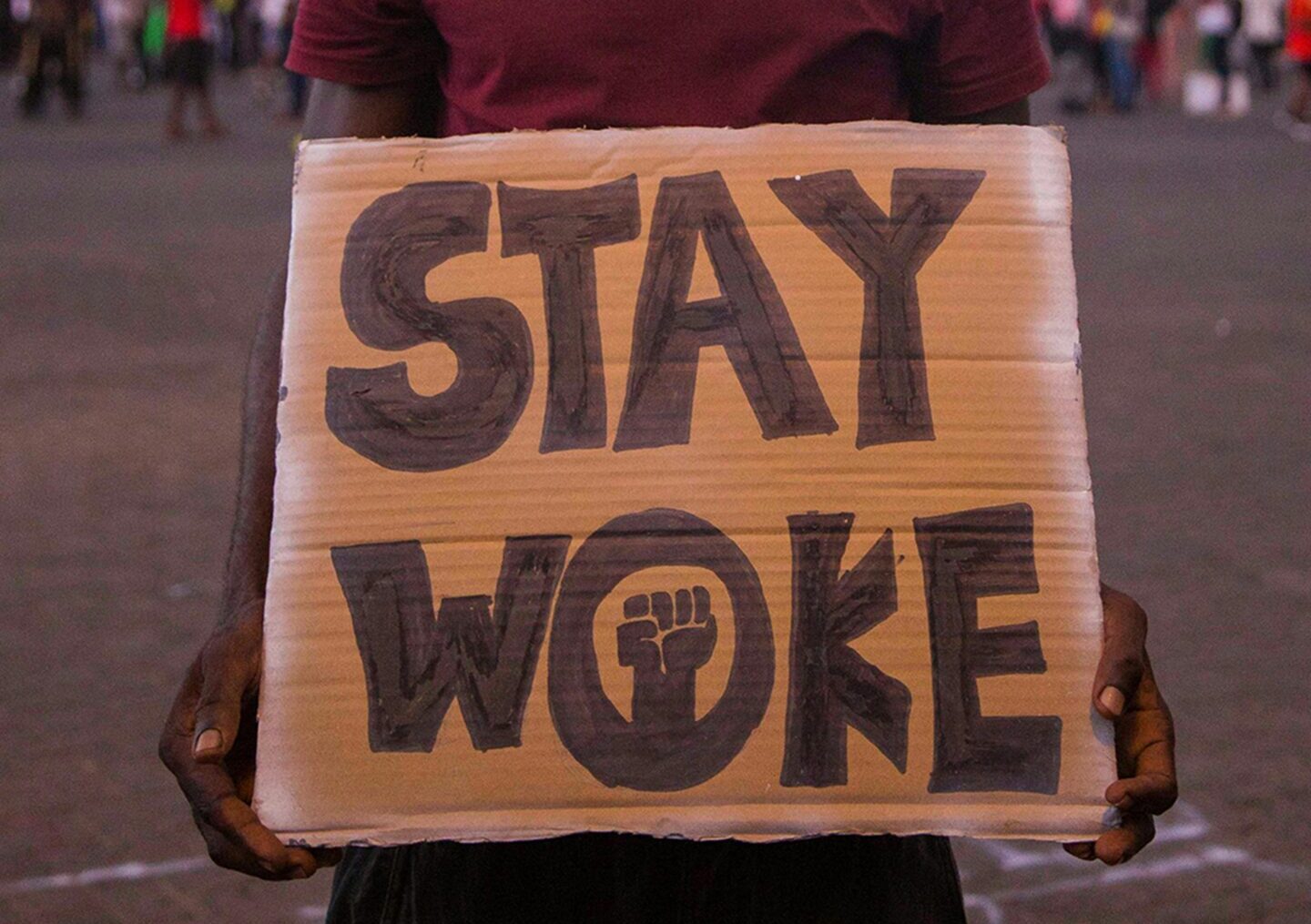In his recent address to Congress, President Donald Trump declared that the United States is “woke no longer.” This statement signals a shift in the nation’s cultural and political landscape. But what does “woke” truly mean, and how has its significance evolved over time?
What is Woke?
The term “woke” originates from African-American Vernacular English (AAVE), where it initially meant being awake or alert. In the early 20th century, it began to embody a sense of awareness about social injustices, particularly racial discrimination. For instance, blues musician Lead Belly used the phrase “stay woke” in the 1930s. It was a caution to be vigilant against racial violence.
The term gained renewed prominence during the Black Lives Matter movement in the 2010s. Those using it urged individuals to stay informed about systemic injustices and to advocate for marginalized communities.
Evolution in the Political Sphere
Over time, the term expanded beyond its original context. It began to encompass a broader awareness of social issues, including gender equality, LGBTQ+ rights, and environmental concerns. However, this broadened application led to varied interpretations across the political spectrum.
In conservative circles “woke” has often been used disparagingly, critiquing what some perceive as overreach in social justice initiatives or political correctness. This shift is evident in political rhetoric, where “woke” is sometimes portrayed as a threat to traditional values or free speech. Similarly the term diversity, equity and inclusion or DEI has also been co-opted by conservatives and others against the practice. They claim DEI initiatives prioritize less-qualified candidates over more deserving ones.
Trump’s Stance on ‘Woke’ Culture
President Trump’s recent proclamation that America is “woke no longer” shows his administration’s intent to move away from policies and ideologies associated with progressive social movements. This sentiment reflects a broader backlash against “woke” culture, with critics arguing imposes restrictive norms and stifles open discourse.
In today’s complex socio-political environment, it’s important to approach the concept of “woke” with a discerning perspective:
- Stay Informed: Engage with diverse sources to understand the multifaceted nature of social justice issues.
- Critical Engagement: Recognize the difference between performative activism and genuine efforts toward equity.
- Community Focus: Prioritize initiatives that directly benefit and uplift Black communities, ensuring that the core message of “wokeness”—awareness and action against injustice—remains central.
